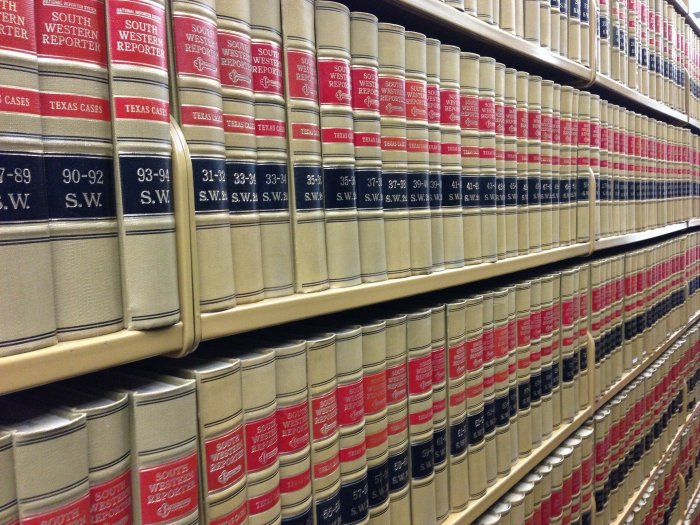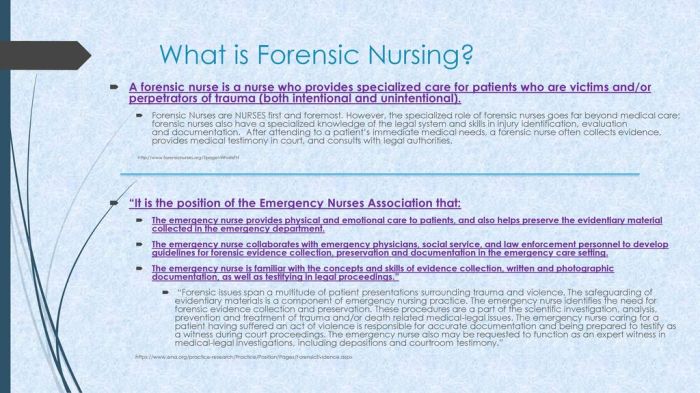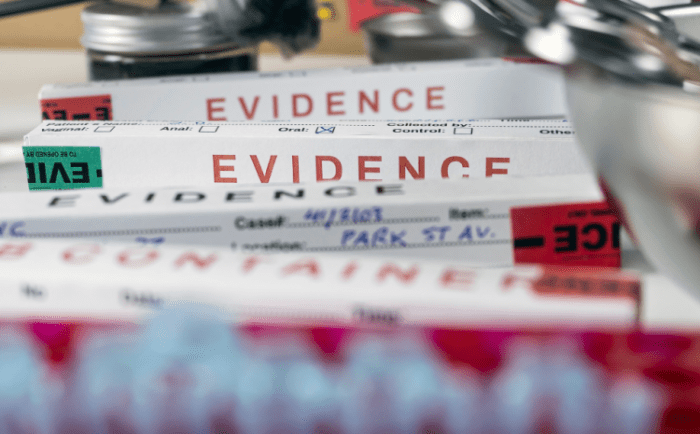Testimony preservation and discovery are two types of depositions – Testimony preservation and discovery, two distinct types of depositions, play crucial roles in legal proceedings. Testimony preservation aims to secure and preserve witness statements for future use, while discovery involves the exchange of information between parties to facilitate a fair and informed trial.
This article delves into the purpose, methods, and applications of both testimony preservation and discovery, highlighting their similarities and differences. It also examines the advantages and disadvantages of each approach, as well as the ethical considerations that guide their use in the legal system.
Testimony Preservation: Testimony Preservation And Discovery Are Two Types Of Depositions

Testimony preservation is the process of recording and preserving testimony for use in future legal proceedings. This can be done through a variety of methods, including audio recording, video recording, and written transcription.
Testimony preservation is important because it can help to ensure that the testimony of witnesses is accurate and reliable. This can be especially important in cases where the witness may not be available to testify in person at a later date.
Methods of Testimony Preservation
- Audio recording
- Video recording
- Written transcription
Uses of Testimony Preservation
- To preserve the testimony of witnesses who may not be available to testify in person at a later date
- To provide a record of testimony that can be used to refresh the witness’s memory
- To impeach the testimony of a witness who has changed their story
Discovery

Discovery is the process of exchanging information between parties in a legal proceeding. This can include a variety of documents, such as witness statements, interrogatories, and requests for production of documents.
Discovery is important because it helps to ensure that all parties have access to the information they need to prepare for trial. This can help to level the playing field and make sure that both sides are able to present their case fairly.
Types of Discovery
- Witness statements
- Interrogatories
- Requests for production of documents
Uses of Discovery
- To obtain information about the other party’s case
- To identify potential witnesses
- To preserve evidence
Similarities and Differences Between Testimony Preservation and Discovery

Similarities
- Both testimony preservation and discovery are used to gather information for use in legal proceedings.
- Both testimony preservation and discovery can be used to preserve evidence.
Differences, Testimony preservation and discovery are two types of depositions
- Testimony preservation is used to record the testimony of witnesses, while discovery is used to exchange information between parties.
- Testimony preservation is typically used in criminal cases, while discovery is used in both civil and criminal cases.
Advantages and Disadvantages of Testimony Preservation and Discovery
Advantages of Testimony Preservation
- Can help to ensure that the testimony of witnesses is accurate and reliable.
- Can provide a record of testimony that can be used to refresh the witness’s memory.
- Can impeach the testimony of a witness who has changed their story.
Disadvantages of Testimony Preservation
- Can be expensive and time-consuming.
- Can be difficult to obtain the consent of all parties involved.
- Can be difficult to ensure that the testimony is preserved in a way that is admissible in court.
Advantages of Discovery
- Can help to ensure that all parties have access to the information they need to prepare for trial.
- Can help to level the playing field and make sure that both sides are able to present their case fairly.
- Can help to identify potential witnesses and preserve evidence.
Disadvantages of Discovery
- Can be expensive and time-consuming.
- Can be used to harass or intimidate the other party.
- Can lead to the disclosure of confidential information.
Ethical Considerations in Testimony Preservation and Discovery

Ethical Considerations in Testimony Preservation
- The importance of obtaining the consent of all parties involved.
- The need to ensure that the testimony is preserved in a way that is accurate and reliable.
- The potential for abuse of testimony preservation, such as using it to intimidate or harass witnesses.
Ethical Considerations in Discovery
- The importance of using discovery in a fair and ethical manner.
- The need to avoid using discovery to harass or intimidate the other party.
- The potential for abuse of discovery, such as using it to obtain confidential information.
FAQ Resource
What is the primary purpose of testimony preservation?
Testimony preservation aims to capture and preserve witness statements to ensure their availability for future legal proceedings or investigations.
How does discovery differ from testimony preservation?
Discovery involves the exchange of information between parties in a legal proceeding, including documents, tangible evidence, and interrogatories, to facilitate a fair trial.
What are the advantages of testimony preservation?
Testimony preservation ensures the preservation of witness statements, reducing the risk of memory loss or witness unavailability.
What ethical considerations arise in discovery?
Discovery must be conducted in a manner that respects the privacy rights of individuals and avoids undue burden or harassment.